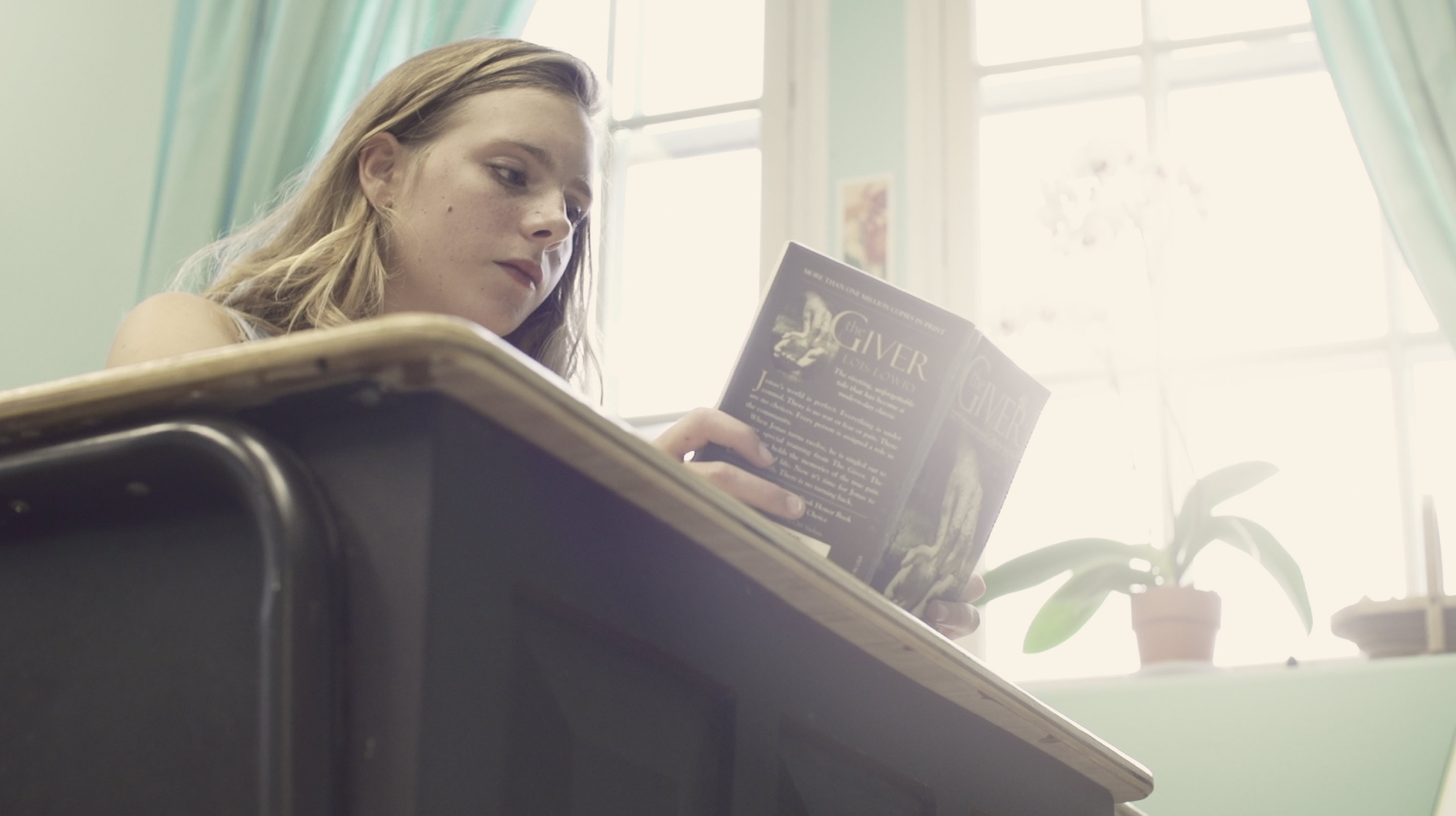

make their own textbooks.
stay with their class
from first to eighth grade.
take our time
with reading.
technology
out of the classroom.
have a circus.
string instrument
is mandatory.
movement and games
instead of traditional
competitive sports.

On Learning:
“We have to recognize that human flourishing is not a mechanical process; it’s an organic process. All you can do, like a farmer, is create the conditions under which they will begin to flourish.”
On Science:
“Every kid starts out as a natural-born scientist, and then we beat it out of them. A few trickle through the system with their wonder and enthusiasm for science intact.”
On Technology:
“Minds need rest and work. But the iWorld fails to supply the child-mind with either of these basic needs.”
On Play:
“Free play is nature’s means of teaching children that they are not helpless.”
On Sports:
“The heightened pressure on child athletes to be, essentially, adult athletes, has fostered an epidemic of hyper-specialization that is both dangerous and counterproductive.”
On Math:
“Creativity is essential to particle physics, cosmology, and to mathematics, and to other fields of science, just as it is to its more widely acknowledged beneficiaries- the arts and humanities.”
Video


